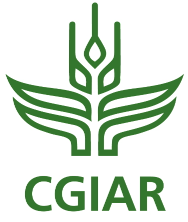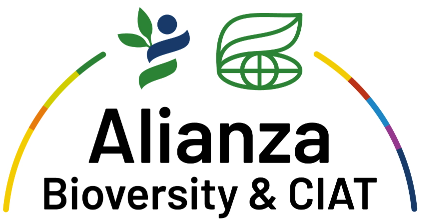FLAR urges transformation to achieve self-sufficiency in rice production in Panama
Source : https://www.anpanama.com/FLAR-insta-a-transformacion-para-alcanzar-autoabastecimiento-en-produccion-de-arroz-en-Panama-16055.note.aspx

(Panama City-ANPanamá) Global food vulnerability, exacerbated by the impact of climate change and other factors that affect supply chains, is presented as an opportunity to promote a technological transformation in Panama, said Eduardo Graterol, executive director of the Fund Latin American Irrigated Rice (FLAR), highlighting the possibility of achieving self-sufficiency in rice production in the country.
Graterol, representative of the organization based in Cali, Colombia, highlighted the potential of this initiative in a disparate context in Latin America, where some countries are self-sufficient in rice production, while others, such as Panama, face significant challenges.
Graterol, representative of the organization based in Cali, Colombia, highlighted the potential of this initiative in a disparate context in Latin America, where some countries are self-sufficient in rice production, while others, such as Panama, face significant challenges.
The expert pointed out that, in addition to climate change, factors such as agricultural policies and disruptions in logistics chains also affect the current situation.
From the perspective of the executive director of FLAR, the existing vulnerability makes the search for food self-sufficiency even more crucial, especially in basic foods such as rice.
Graterol shared his vision during his participation on January 26 in the training sessions of the National Bank of Panama, together with Luciano Carmona, leader of the FLAR agronomy program. During the event, a pilot project to transform rice production in Panama was presented, with the aim of increasing production with fewer inputs and optimizing the use of resources, including water.
“This proposal that we present to the country is fundamental, especially considering the importance of rice in the Panamanian diet. The National Bank gives us the opportunity to publicize this project and manage the resources necessary for its implementation,” Graterol highlighted.
The initiative seeks not only to face current challenges, but also to strengthen the resilience of Panamanian agriculture against future climate and economic impacts.



